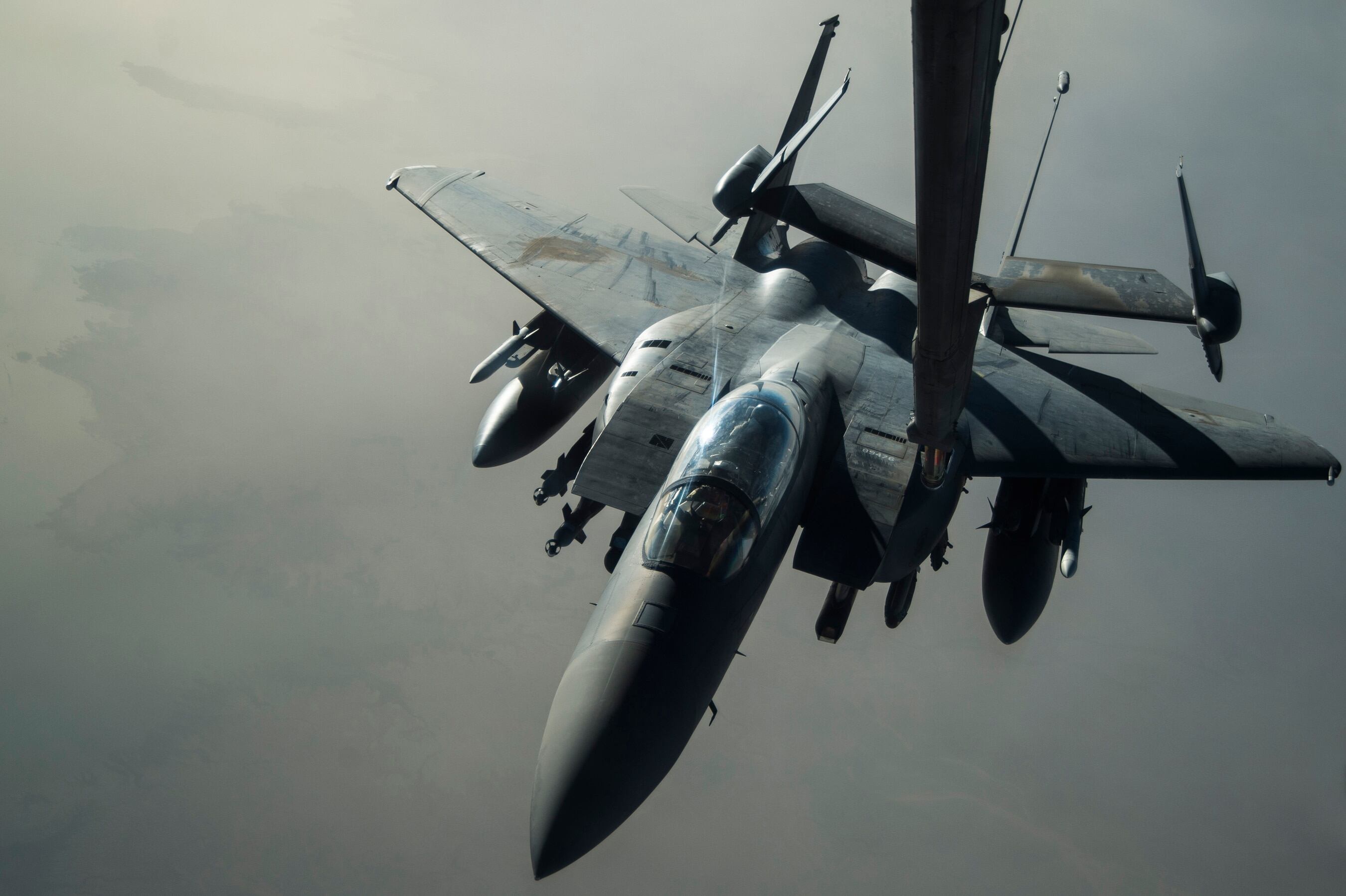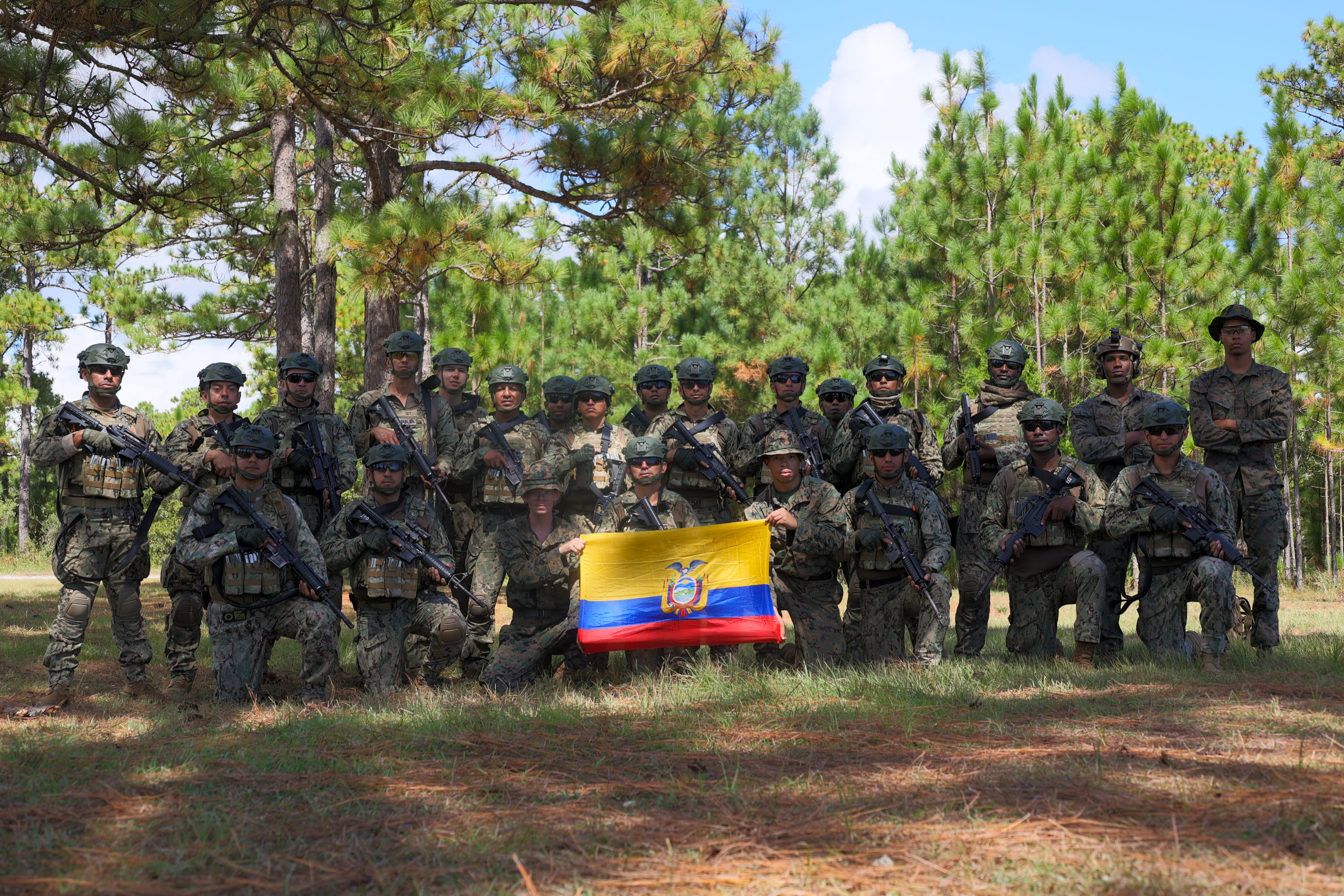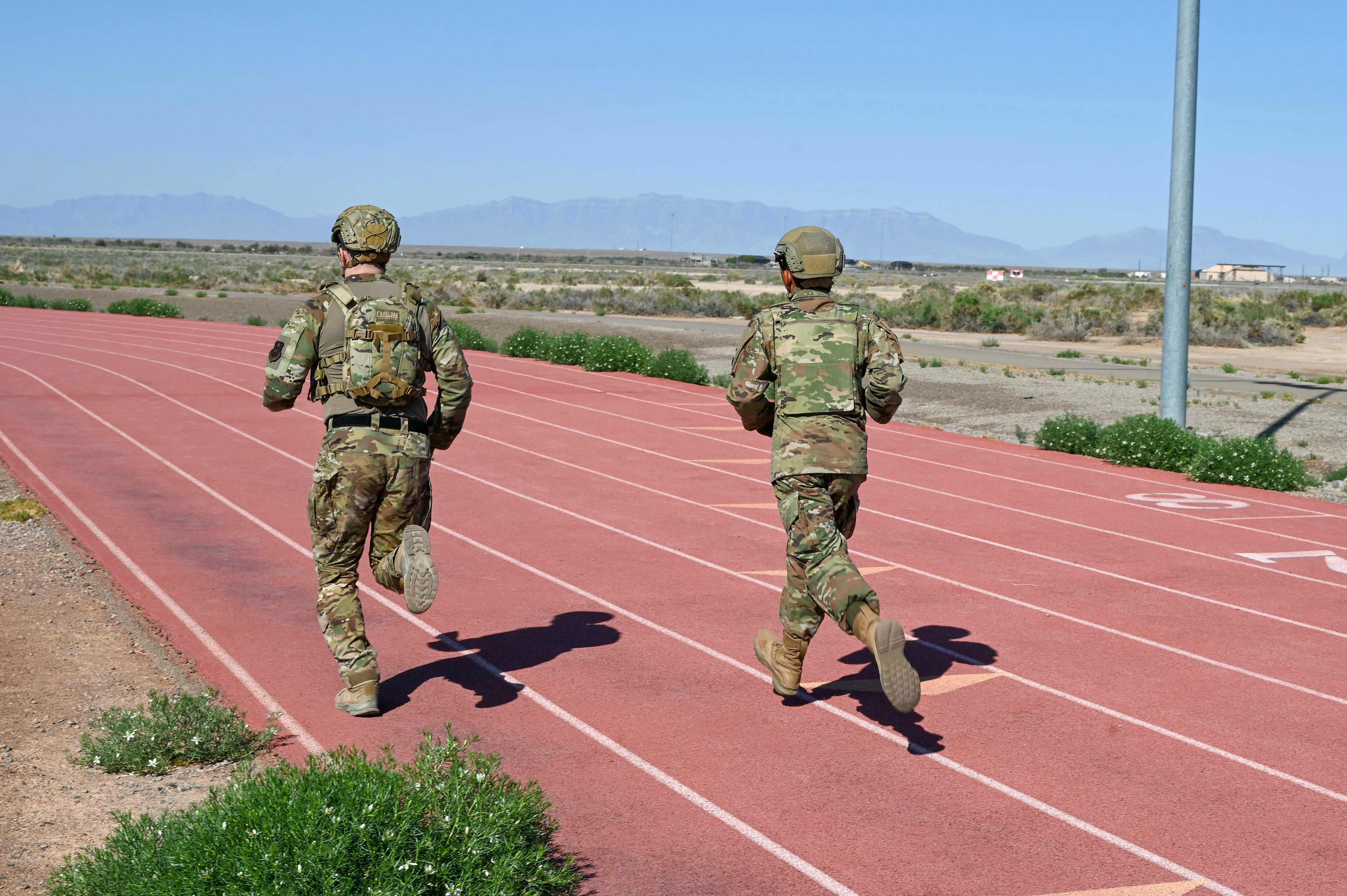WASHINGTON — The U.S.-led coalition monitored a target in Syria for two days and deemed it valid before launching the airstrikes that Russia says hit and killed Syrian government troops Saturday, a U.S. Central Command officer said Tuesday.
Col. John Thomas said that when the Russian military called the coalition to halt the strikes, the first call was "a little bit cryptic" and didn't get through to the right coalition officer immediately. He said that when the Russians called back, they spoke to the right officer and provided more details. At that point, Thomas said, the strikes were halted in less than five minutes.
Providing new details of the strikes, which complicated what has been a largely unsuccessful cease-fire agreement, Thomas said the U.S. military is appointing a brigadier general to investigate the incident. The strikes on the Deir el-Zour site lasted almost an hour, and he indicated there still is some lingering doubt about whether the strikes actually hit Syrian forces.
"We did take a couple of days to look at it, to develop the target, and the decision was made by the decision authority that it was a good target, looking at all of the intelligence and considering it. So the decision was not made on the spur of the moment," said Thomas. "Our best indications are that that process was followed. What may or may not have been flawed, or what we may or may not have had wrong on that, is what the investigating officer will look at."
U.S. officials said there are lingering questions about reports that the troops or people on the ground were not wearing uniforms and that they were armed, leading to confusion about who they might be. Other theories suggest they may have been conscripted troops or prisoners of some sort, but officials said they have no solid findings yet on those reports. The officials were not authorized to discuss the matter publicly so spoke on condition of anonymity.
He declined to identify the coalition members whose aircraft participated in the strikes, saying only that it was "more than just the United States." Britain, Denmark and Australia have acknowledged that their aircraft took part in the strikes, and it's not clear if any other nations were involved.
Asked about the delay between the first phone call from the Russians and the second, Thomas said one person is responsible for taking calls from the Russians every day. When the Russians called the first time, the coalition person was not there, since the call was unexpected. Officials went to get the officer, who was then able to talk to the Russians on the second call, when they provided greater detail on the strike problems.
He said the coalition conducted a "good number" of strikes during the 30-50 minutes they were carried out before the aircraft were called off.

An F-15 Strike Eagle approaches the refueling boom of a KC-10 Extender over Iraq, July 16, 2016.
Photo Credit: Staff Sgt. Larry E. Reid Jr./Air Force
Thomas said he had few new details about the airstrike Monday that hit a convoy of trucks carrying humanitarian aid. He said it did not involve coalition aircraft and added: "It does look like an airstrike. The only other entities that fly in Syria right now are Russia and Syria. This has been in the past a strategic area for the Russians."
The U.S.-led coalition has not operated in that area around Aleppo, and instead has routinely targeted Islamic State militants in other parts of the country. The International Committee of the Red Cross said the strike killed about 20 civilians, mostly truck drivers and Red Crescent workers.
AP Broadcast reporter Sagar Meghani contributed to this report.




